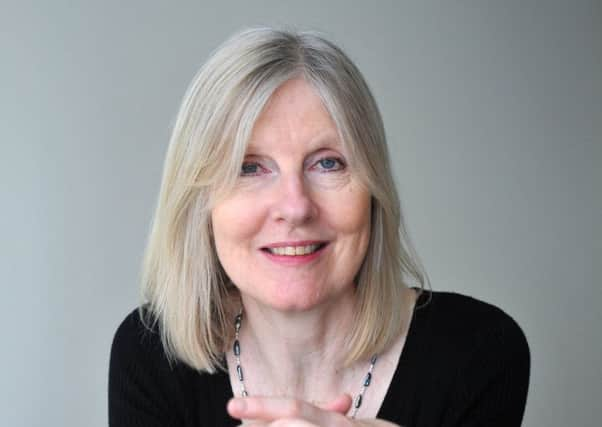Book review: Exposure by Helen Dunmore


Exposure by Helen Dunmore | Hutchinson, 391pp, £16.99
Helen Dunmore daringly offers a prologue that gives you the end of the novel before you have entered into the plot. So you know that things will work out even if you don’t yet know how. She then proceeds to mislead you, cunningly. She leads you to think this is a spy novel, and you may choose to go along with this. You have reason to do so. The apparatus is there.
It’s 1960, Cold War years. Giles is a talented but drunken civil servant, gay, Russian-speaking and working in the Admiralty. He takes a file home. It’s one he shouldn’t have. You know immediately he’s working for the other side. Then he has a fall in his flat, wakes up in hospital. The file must be returned before it is missed. A colleague – the Burgess to his Maclean, as it were – is on holiday in Venice. So he rings Simon, who also works in the Admiralty. Simon used to be his boyfriend, but is now a married man with three children. Giles, however, can trust him, and in any case, there’s nobody else. Simon obediently collects the file, realises its significance, and then behaves with remarkable, but credible, stupidity.
Advertisement
Hide AdThis sets the novel going and you soon realise it’s not really a spy novel at all, not even a thriller, though the tension may be acute. It’s a novel about families and loyalties, divided loyalties. The central figure isn’t Giles or Simon, though what used to be their relationship is important. It’s Simon’s wife, Lily. She dislikes and distrusts Giles, though ignorant of what he once meant to Simon. She adores her husband, even when he is moody, and her children. She is wrapped up in her family life, though she also teaches part-time.
But Lily used to be Lili. She was born in Berlin, a German Jew. She and her mother got out in time, when Lili was a small girl. Her mother insisted Lili should be Lily and speak nothing but English. She has forgotten her German, or at least denies knowledge of the language. (She will teach French and Italian, but not her native language.) When things go wrong and Simon is arrested – we know from the prologue he has been in a prison cell – she is at once resolute, resourceful and afraid. She distrusts and fears the police, the State and Simon’s very English landowning family. They are, by the way, the only failures in the novel, or so you may think: bogey figures whom Dunmore never troubles to breathe life into. But this may be intentional. They exist as abstract representations of an England which Simon has rejected and which Lily resents for their arrogance and complacency. Dunmore is a very astute and skilful novelist. She knows that to make Simon’s family more alive is to invite us to understand them, and this would be a distraction.
Good novels – think, for example, of Waverley, Emma or Great Expectations – are, among other things, exercises in the hero or heroine’s moral education; they tell of the character’s developing understanding of what matters in life, of what is important in the world. The three main characters here – Lily, Simon, and even Giles, confined to his hospital bed from which he comes to realise he will never be released – all go through this experience. Lily, whom we recognise as essentially good and admirable, will, to protect what she loves, do something which, in other circumstances, we should condemn, but which we are more likely and – I would say – expected to applaud.
Walter Scott once wrote that the plot of a novel was there only to bring in fine things. That’s the case here. The espionage stuff only touches peripherally on the Le Carré world. It’s the necessary machinery of the novel, which allows Dunmore to examine more important matters: the nature of love, the questions of loyalties, and of what we owe to whom.
Dunmore is a fascinating novelist – a bold one to give away her ending in her prologue, which she does so as not to distract you from what really matters in the novel. She rarely repeats herself, even though the central concern of her novels is usually the same – our obligation as human beings. She has done fine things. Exposure is as good as anything she has written; and that’s very good indeed.